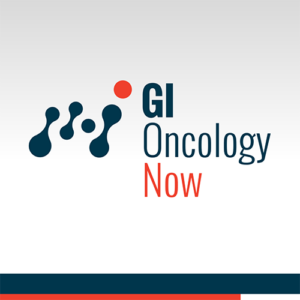
ASCO GI Symposium 2024
The 2024 ASCO GI Cancers Symposium offers the latest innovative science, solution-focused strategies, and multidisciplinary approaches in GI cancer treatment, research, and care.
Dr. Bekaii-Saab, of the Mayo Clinic, joins Dr. Nabhan to delve into the most groundbreaking studies unveiled at the meeting.
In patients with HCC, a high CD8 and low TIM3 expression is linked to better OS than PD-1/PD-L1.
Meta-analysis data has shown that HAIP combined with systemic chemotherapy can provide a pooled 3-year OS rate of 39.5%.
Dr. Amit Mahipal discusses liquid biopsy for advanced cholangiocarcinoma and how it compares to tissue-based testing.
Dr. Ethan Ludmir discusses the phase II EXTEND trial on MDT with systemic therapy for pancreatic ductal adenocarcinoma.
Dr. Elizabeth Conner offers insight on how DCP can be utilized as a biomarker for treatment response in patients with HCC.
Dr. Lieu discusses the CIRCULATE-NORTH AMERICA trial on ctDNA status as a biomarker for risk stratification in colon cancer.
Dr. Brown discussed the results of a retrospective analysis on the addition of radiation to atezolizumab and bevacizumab.
Dr. Yelena Janjigian on the MATTERHORN Study: Durvalumab Plus FLOT in Gastric Cancer at ASCO GI 2024
Dr. Yelena Janjigian discusses the results of the phase 3 MATTERHORN study at ASCO GI 2024.Dr. Milind Javle discusses tinengotinib monotherapy in patients with metastatic cholangiocarcinoma at ASCO GI 2024.
First-line nivolumab plus ipilimumab can act as a beneficial standard-of-care option for patients with MSI-H/dMMR mCRC.
NETTER-2 is the first randomized study to demonstrate the efficacy of RLT as a 1L treatment for any form of cancer.
Durvalumab plus bevacizumab with TACE demonstrated significantly improved PFS rates over TACE monotherapy.
At ASCO GI 2024, new research examined several treatment combinations to determine which combination may improve OS rates.
The ESCORT-NEO study explored the use of neoadjuvant camrelizumab with chemotherapy followed by adjuvant camrelizumab.
A new report detailed the results of the LEAP-002 study following 12 months of additional follow-up.
In 35 patients, the Eastern Cooperative Oncology Group performance status (ECOG-PS) was 0.
An analysis of demographic, clinical characteristics, and treatment patterns for HCC for defining early-stage disease.
Prior research shows select patients with mCRC endure longer response to regorafenib while in clinical care settings.
A novel combination regimen involving serplulimab may be a promising first-line treatment option for patients with mCRC.
A subanalysis of the GENESECT study analyzed data from 50 gemcitabine monotherapy patients.
A recent study sought to better understand the association between EPI and development of pancreatic cancer.
The combination of neoadjuvant/adjuvant pembrolizumab with FLOT is a feasible treatment with no new safety concerns.
A retrospective review offers insights into the safety and efficacy of adding CDDP to lenvatinib for patients with aHCC.
Of the 1115 patients, 83.2% were male, 49.1% were current or ex-smokers, and 21.4% had consumed alcohol.
Twice-weekly docetaxel plus 5-FU has previously exhibited encouraging antitumor activity.
Manish A. Shah, MD, and colleagues are reporting 5-year follow-up data from the randomized, phase 3 KEYNOTE-590 study.
Comparing the efficacy of atezo/beva for patients with aHCC who were previously treated with lenva versus no prior treatment.
The most common first-line therapies were gemcitabine and cisplatin.
The FDA approved futibatinib in 2022 for previously treated patients with advanced CCA and FGFR2 fusions or rearrangements.
New research sheds light on the prognostic value of mutations—including FGFR2 and IDH1—in patients with resectable CCA.
Dr. Christopher Lieu gives an overview of some of the top presentations and data to look out for at ASCO GI 2024.
Advertisement
Advertisement




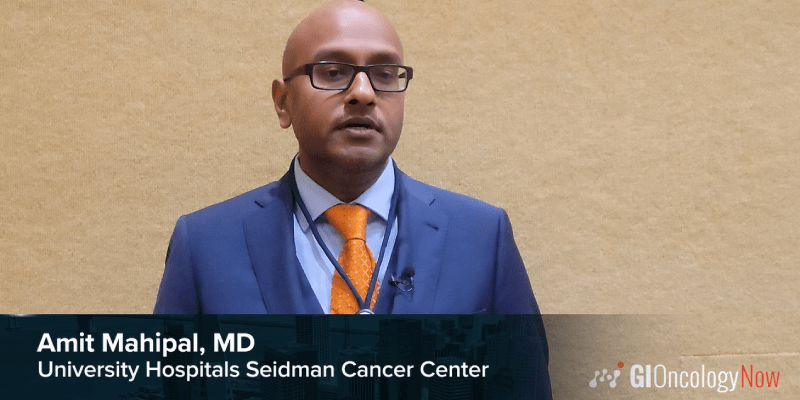
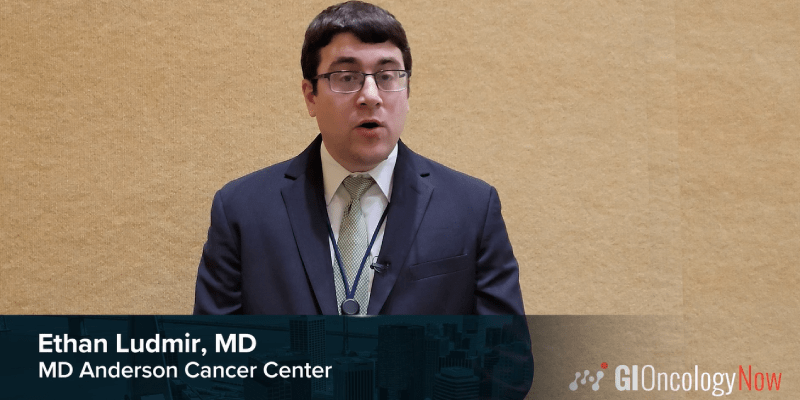
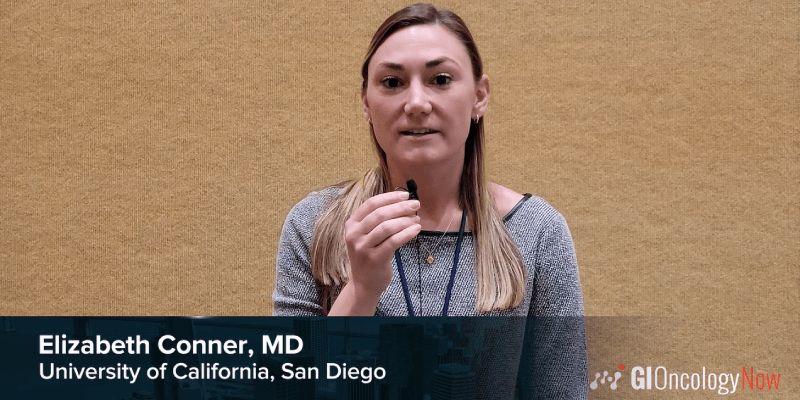
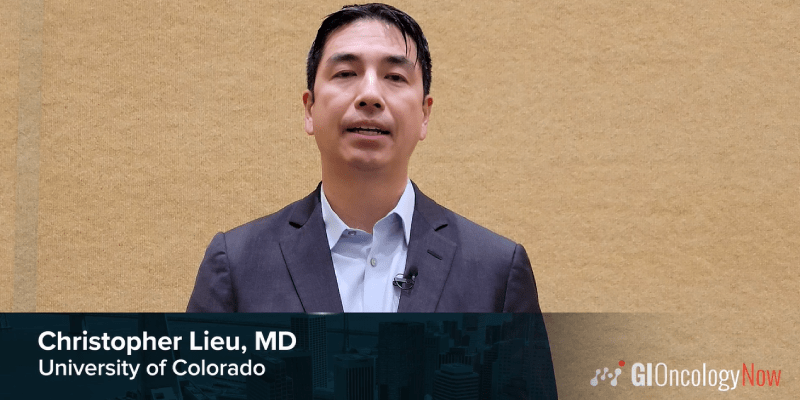
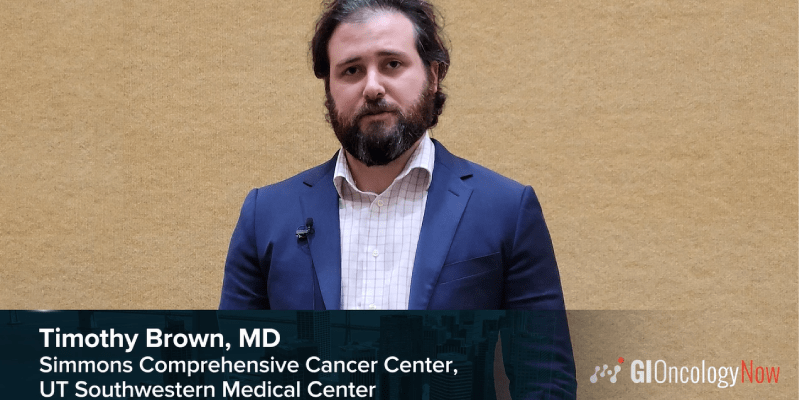
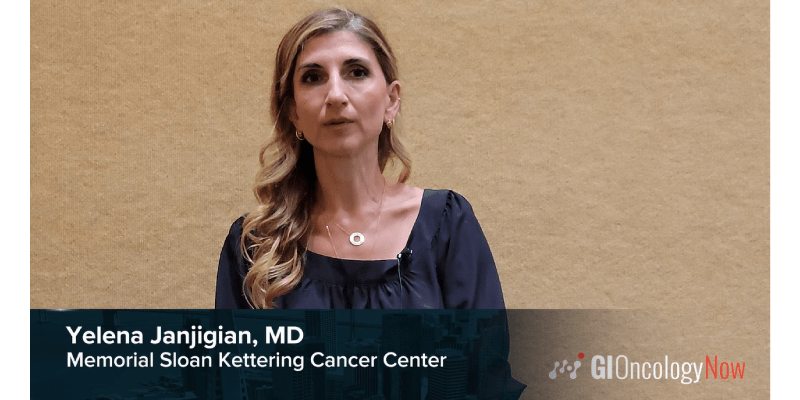






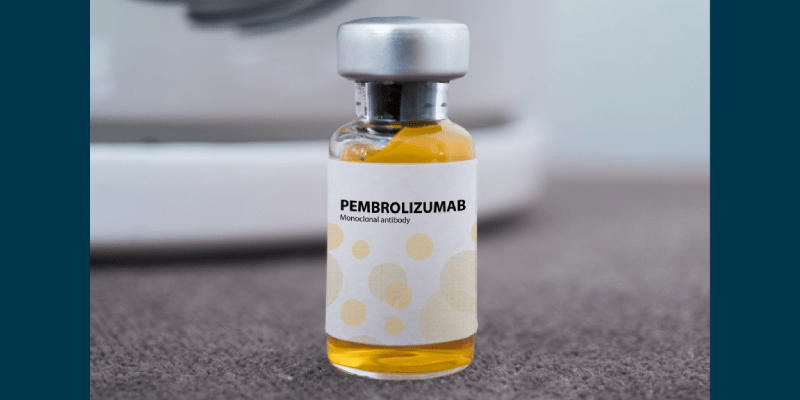




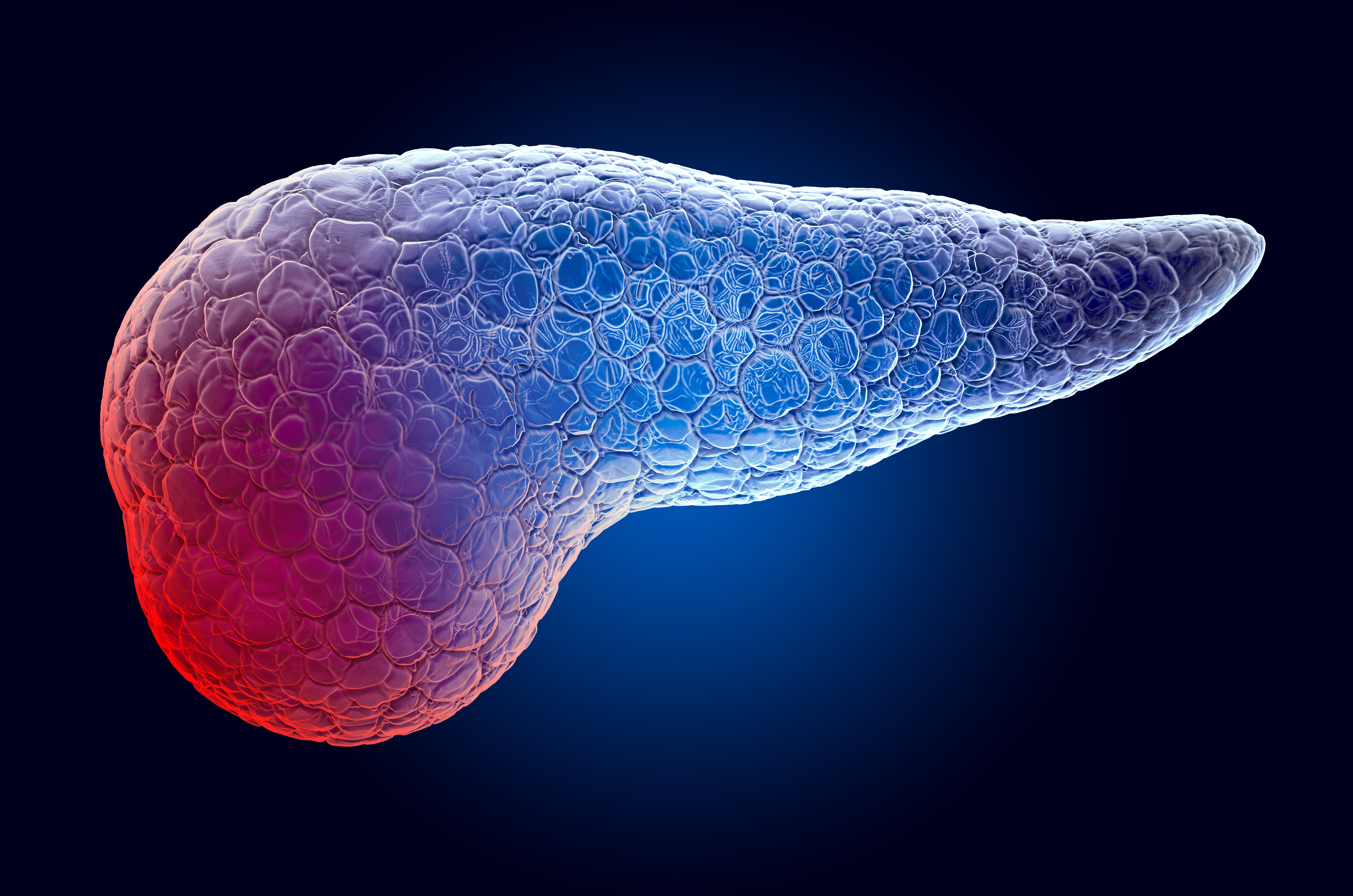
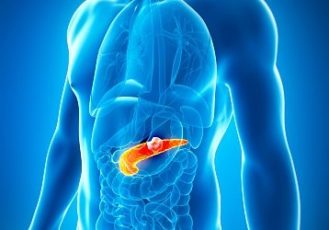

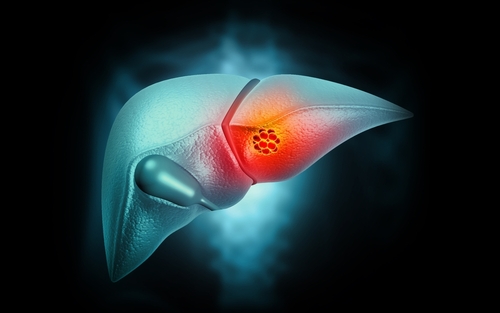

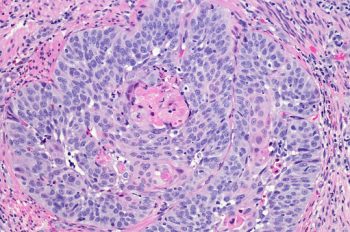


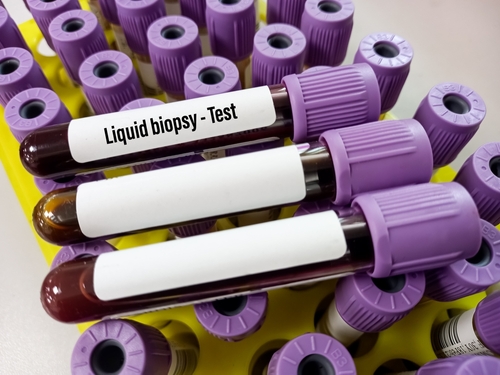




 © 2025 Mashup Media, LLC, a Formedics Property. All Rights Reserved.
© 2025 Mashup Media, LLC, a Formedics Property. All Rights Reserved.